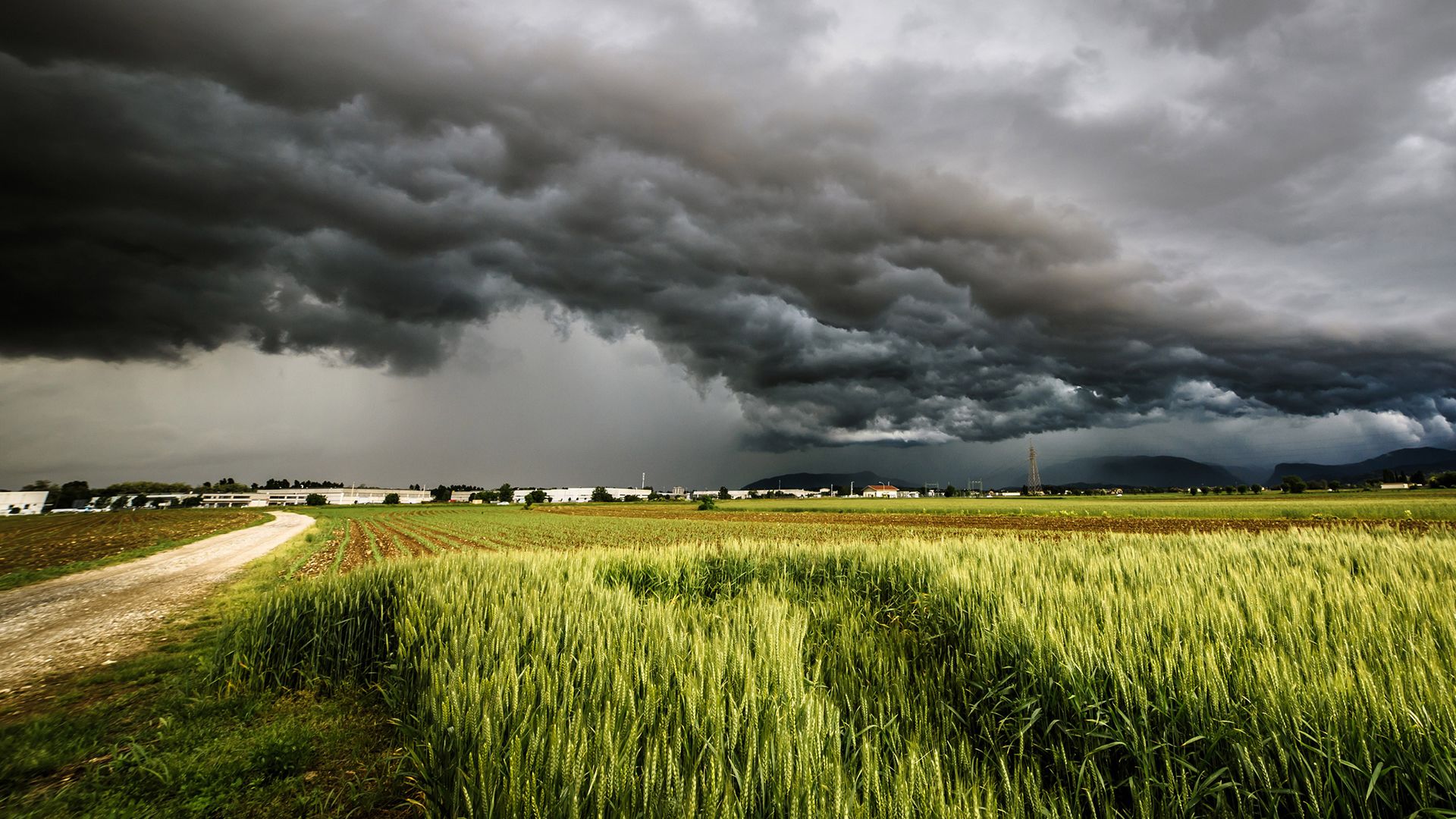Updated on October 22, 2024
In this roundtable discussion, four people living with bipolar disorder have an open and honest conversation about the challenges they’ve faced and the tips and tricks they’ve learned on their journeys.

Transcript
The scary thing is there's so much, so many things about my manic episode that I don't remember, which really, really is so traumatizing,
because afterwards, my god, that is-- to hear that is like, I did that?
Hey, what's up, everybody? Welcome to the roundtable. We're here with Gabe, Dailyn, and Adrianne to talking about the living with bipolar disorder.
We have different diagnoses with bipolar I and bipolar II. But I would love to hear your take on just your manic phases
and your depression phases. What does that look like for you? Because everybody looks different. I have bipolar II, so for me, it's mostly depressive.
So doing daily tasks, like unloading the dishwasher, makes me cry, because it's just so overwhelming.
Just functioning in daily life is overwhelming. A lot of sleeping, overeating, that's a huge thing for me.
So when I notice that I'm like really-- I want a snack, and I want to eat a lot of stuff, I know that there's something else going on.
Mania is essentially being too happy. With mania, it's like this track that
runs through your brain that fixes everything. So no matter how insufferable I'm being, my brain keeps telling me that I'm the greatest.
I don't consider other people's feelings. I don't consider ramif-- facts don't matter anymore. That alone is damaging, right? And I haven't even gotten to the part
where I start spending incredible amounts of money or where I tell people horrible things. Think about how damaging it is for your sibling relationships,
your interpersonal relationships. I've been divorced twice. I can't help but think that mania played a large part of that.
Mania scares me, because I have no control over how I treat people or who I am.
I mean, honestly, if I could stand up and clap, that-- seriously, it's-- I was introduced to bipolar I
disorder and diagnosed because of my manic episode. The things that I said, things that I did, the not sleeping, spending so much money,
the clothing that I wore, and the things I put on the internet, like, the trauma that I had because of my first manic episode
still resides within me today. You know, it's like, you get drunk, right? You don't have a mental illness at all, you get drunk, you blackout, you do some stupid stuff,
and the next day, your girlfriend's calling you like, Dai, you know what you did? Blah, blah, blah, blah, blah. And you're like, oh my god, I did that? That's mania times a million.
My diagnosis also included psychotic features. So I heard three distinct voices when I was in my manic phase.
So the voices are telling me that I can do this, and I can do it. And I'm picking up all new tasks. I'm taking on everything.
I feel like I can do every single thing. And then also there's that lack of sleep. I went through a period where I didn't
sleep for like, two weeks. But then on top of that, I don't feel like I need to eat. So I would go days without eating. And I went-- I lost about 25 pounds over a matter of six weeks.
You know, a lot of times people, they will attribute the lack of eating to depression.
But during my manic, I don't need food. I'm Superman. I don't-- I'm high off life.
I don't need anything else. I think it's hard for people to conceptualize the symptoms that we experience because they're not visual.
I mean, we know that they're visual. I can look at pictures of myself and say, oh, I was depressed then, or I was in between episodes then.
But other people can't. And it's very, very hard to conceptualize something you're never experienced or that you can't visibly see.
And so much of it mirrors other things, right? I mean, how often do we hear depression being compared to sadness or mania
being compared to excitement? People think that they understand, because they have a sort of really bad analogy.
Oh, you've been depressed? Well, I was really depressed after my father passed away. Well, no, that's grief.
Well, same thing. And I think that comes down to the lack of education.
I'm Latino. I'm Cuban. And in my family, mental health and mental illness actually runs in my family.
I tell them this runs in my family, yet it was a taboo subject that we never spoke about. I had to tell them, like, listen, if I have this,
and you love me, you love every part of me including this, so let's learn about this. But really it came down to a solid education and making
something taboo be normal table talk. This isn't just who we are. Like, having bipolar disorder isn't everything about me,
because I came out of my closed, it made me a much better worker, made me a better fiancee, better stepmom. It made me a better friend and a sister.
I can still live a fulfilling and happy life, just like everyone else. Just like someone who doesn't have a mental illness,
I can still live a fulfilling life. And I think that that message is something that needs to be heard and spread.




